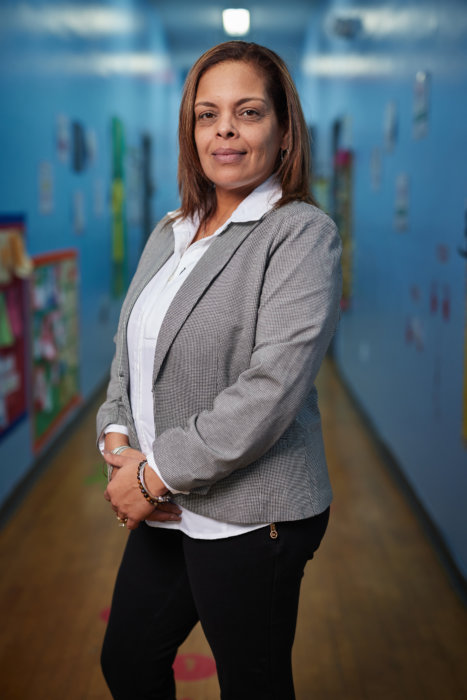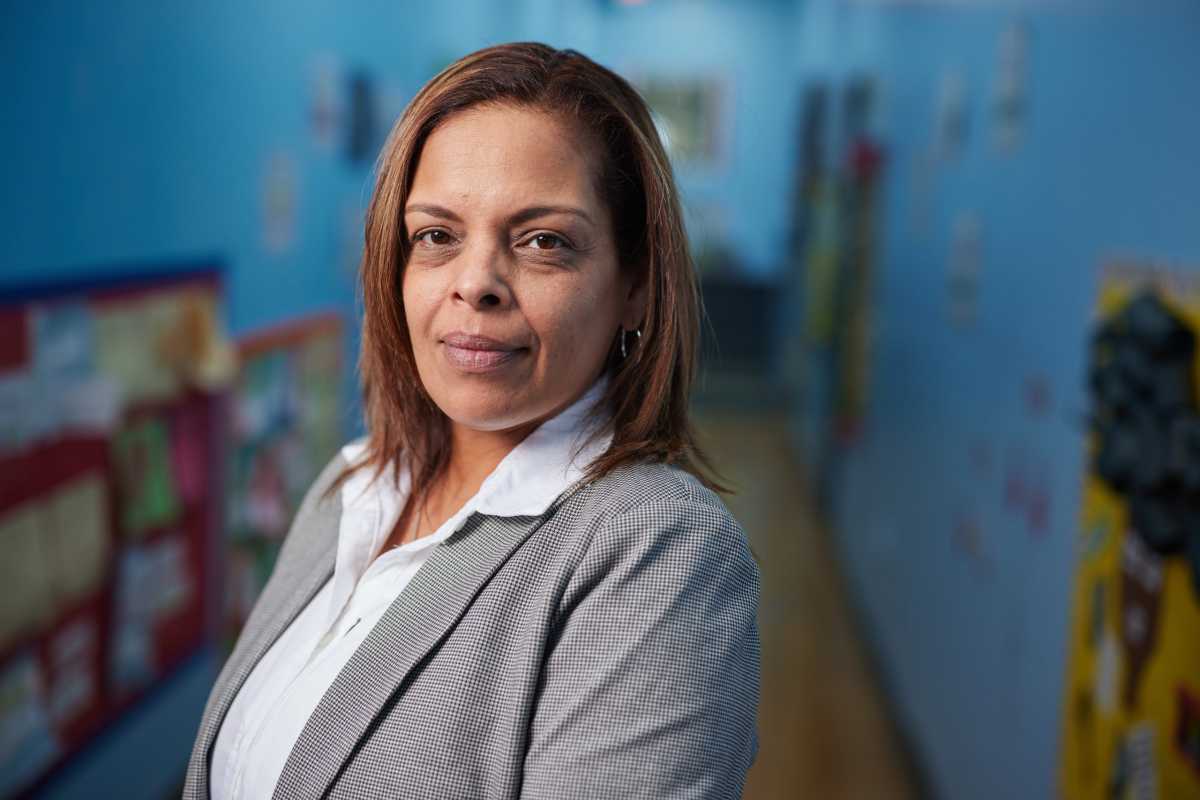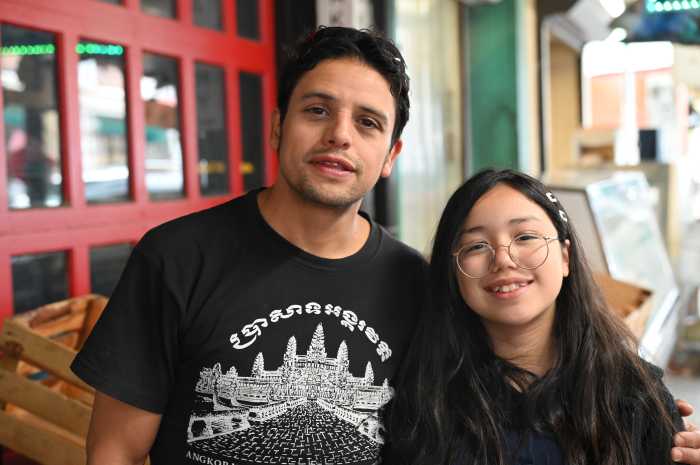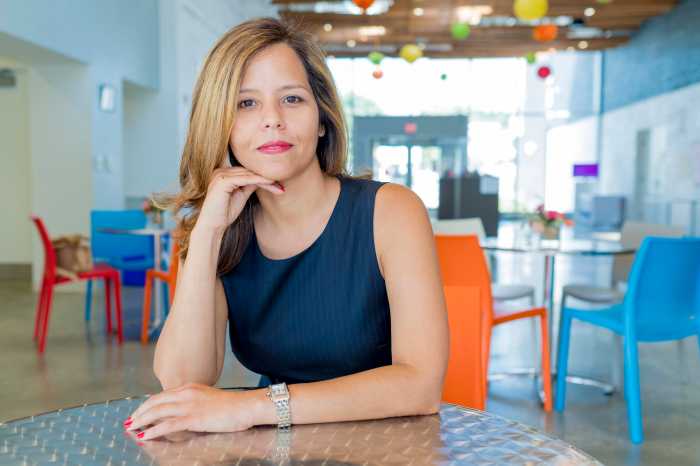According to a recent survey from Goldman Sachs, the ongoing difficulty in hiring and retaining workers remains the most significant problem facing small businesses, with 84% stating that hiring challenges have grown worse or stayed the same over the past three months of 2022. While the still-going Covid-19 pandemic holds the lion’s share of the blame, many additional factors and fears figure into a lackluster workforce.
Enter Philadelphia Latina entrepreneur Damaris Alvarado-Rodriguez of The Children’s Playhouse, a childcare/early learning center that she developed in South Philly. In response to labor shortages, Alvarado-Rodriguez — an alum of the Goldman Sachs 10,000 Small Businesses program — created a 15-week program for individuals to obtain their Child Development Associate (CDA) credential from the Child Development Council. Primarily targeting Latinx workers throughout Philadelphia, in addition to the certification, participants can earn college credits toward a degree in early childhood education at three local colleges: Parker, Eastern and Esperanza. Alvarado-Rodriguez’s program also provides ESL resources and resume writing assistance.
“We are here, we want to grow and we need support to do that,” she says. “We want to reach as many people as we can, to continue staffing and investing. People are struggling out there and we want to be a resource for all.”
Metro sat down with Alvarado-Rodriguez to learn more.

What is your background in job creation?
I have been plugging in and providing opportunities in my community. I am always thinking: Who are the people who can’t go to school, don’t have the language skills or opportunity to get ahead in their development or to make some money? We provide systemic support for those individuals to go to school, get ESL credits, and provide mentorship. I’ve created a pipeline for folks to get the education they need to then work in childcare. We’ve hired about 10 to 14 people from the community who have gone through this process and are doing essential work. It’s work I’ve been doing for 20 years. It’s all about helping the community.
On a personal level, why do you believe that small businesses have problems hiring and retaining a workforce?
For my industry in childcare, it’s all about salary. Childcare employees are not paid what they should be. There just isn’t the funding that’s needed. We are essential workers, and so to maintain that quality, we need people to go through schooling. Those requirements are important, but they cost money, so that is an unfortunate gap in funding that is available.
What was your motivation in creating a program for individuals to earn their CDA credential?
I wanted to invite people to the table who are not ordinarily invited. We’re not looking for people who already have a degree or are hopping around the field. We want to bring people into the economy, into their professional and personal growth. Providing them the tools they need to grow is important to me. We are the workforce behind the workforce.
What is the benefit of a CDA?
The number one thing is confidence. It’s not just Latinx people by the way, we have an incredibly diverse group of people. It’s about watching people grow and learn, taking pride in what they do. Everyone deserves a fair wage and to take pride in what they do. For me, the Goldman Sachs 10,000 Small Businesses program gave me the tools to do that, to start my own nonprofit, and to invest in my community. I’m giving it back now to others, who in return will do the same.
Tell us about your outreach to Esperanza, Parker and Eastern and the discussion around earning college credits.
Yes, through Esperanza and other universities I’ve reached out because I’m always thinking ‘what’s next?’ After people go through my pipeline and start getting ESL credits, will they go on to higher ed and complete their ESL? Will they be accepted into a community college and continue to get to an associate level? I wanted to make sure that support is there and available.
Why are ESL resources and resume writing assistance important in the digital world?
First, we want to ensure that individuals strengthen their English language, because there are limited systems of support or translation out there. So, to work in this field, there needs to be growth there. That will also help people in their personal growth, too. In today’s world, you also need a portfolio. Anything you do, put it in your portfolio, and so, people who don’t speak English as their first language need those resources available to them to be able to grow and thrive.




























